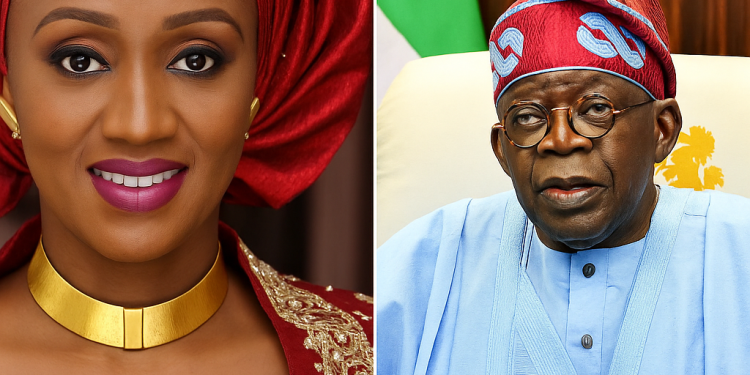President Bola Ahmed Tinubu has cancelled the pardons earlier granted to 175 inmates, including individuals convicted of murder, drug trafficking, kidnapping and fraud, following widespread public criticism.
The initial clemency list, approved on October 9 and announced on October 11, faced intense backlash, particularly over the inclusion of Maryam Sanda — sentenced to death in 2020 for killing her husband, Bilyaminu Bello.
A statement issued by the President’s Special Adviser on Information and Strategy, Bayo Onanuga, confirmed that a new review was conducted in consultation with the National Council of State and other stakeholders.
Only Lawful and Eligible Cases Retained
According to the presidency, inmates linked to severe offences such as kidnapping, armed possession, human trafficking, and major fraud were removed from the original list. Some names previously marked for full pardon will instead have their sentences reduced.
The Presidency noted that the reconsideration was guided by national security concerns, the need to respect victims’ rights, and the importance of upholding law-enforcement morale. It added that justice must balance the interests of the offender, victims and society.
As a result, the number of beneficiaries has been reduced from 175 to 120. Only 15 cases now qualify for full pardon — mostly historic or non-violent convictions. The legacy pardon list retains figures such as Herbert Macaulay, Major-General Mamman Vatsa and the Ogoni Nine.
Sanda Loses Full Clemency
Sanda was removed from the full pardon list and will now serve a reduced 12-year imprisonment term rather than receiving total clemency.
AGF Issues New Guidelines
Attorney-General of the Federation and Minister of Justice, Lateef Fagbemi (SAN), explained that a due-process review prompted the changes.
He announced that the Secretariat of the Presidential Advisory Committee on Prerogative of Mercy will move to the Ministry of Justice, and future clemency decisions will require mandatory consultation with relevant security and prosecuting agencies.
Rehabilitation Considered
Fifteen inmates received mercy based on good behaviour, vocational training and clear evidence of rehabilitation. Four death-row convicts had their sentences commuted to life imprisonment for demonstrating remorse and positive conduct.
Opposition, Activists React
The Peoples Democratic Party criticised the reversal process, describing it as further proof of inconsistency and poor coordination within the administration.
The Movement for the Survival of the Ogoni People also rejected the pardon gesture, calling it a political tactic linked to proposed oil operations in Ogoniland and demanding fulfilment of environmental and economic commitments.
Former Vice President Atiku Abubakar condemned the original pardon and its reversal, saying it reflected a government that reacts instead of planning ahead.















